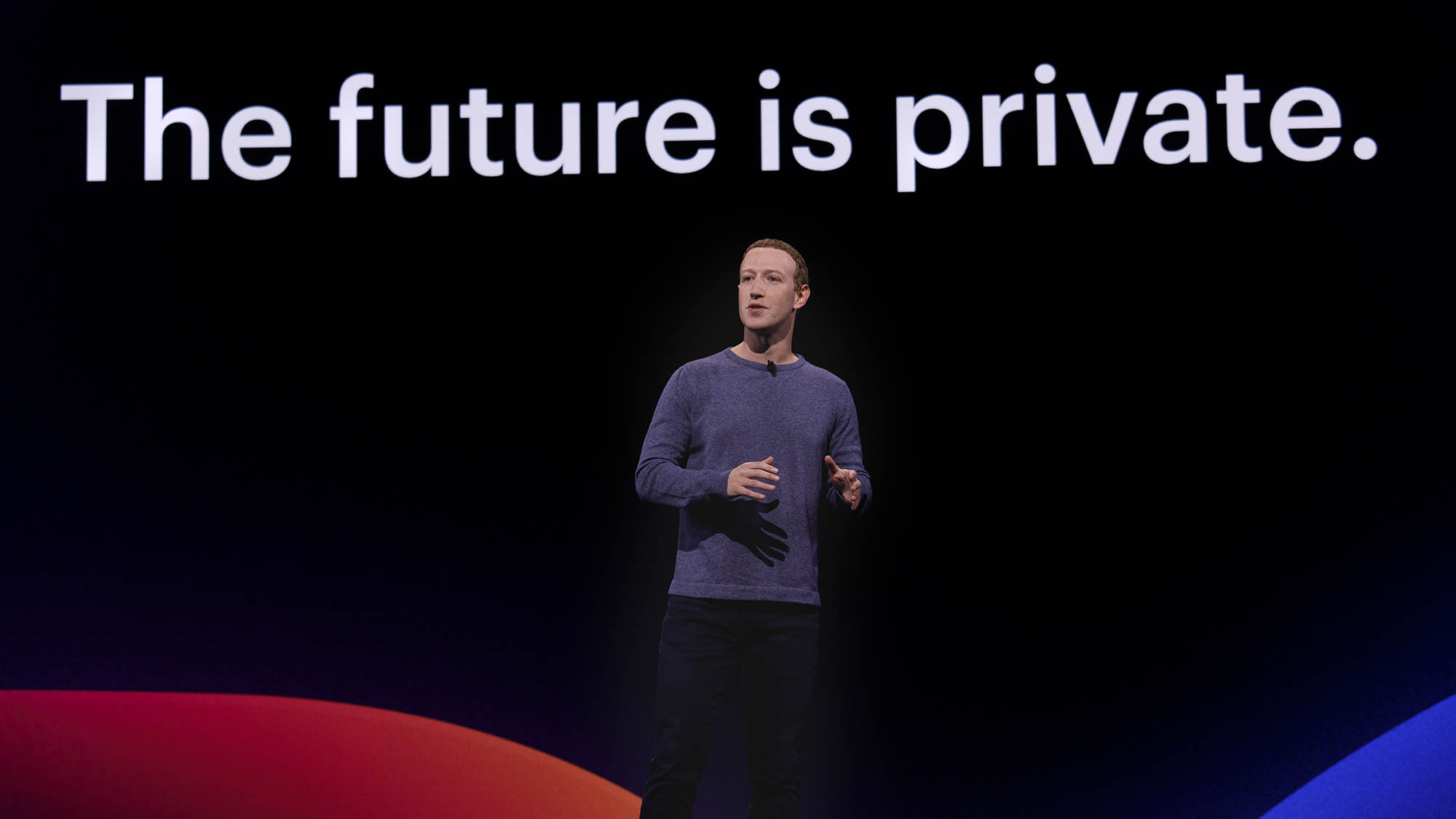Google, Qualcomm, Intel, Broadcom Terminate Huawei’s Android licences — What This Means
The trade war between the US and China means that Huawei Technologies Co. Ltd, a Chinese multinational telecommunications equipment and consumer electronics manufacturer, headquartered in Shenzhen, Guangdong, China is the latest victim.
Google has just announced it has cut off Huawei’s Android licence, a move which would have serious implications for the manufacturer’s smartphone business.


“We are complying with the order and reviewing the implications. For users of our services, Google Play and the security protections from Google Play Protect will continue to function on existing Huawei devices,”Google said in a statement which attributes the revocation of the licence to compliance with US government policy
What This Means
- The short term implication of this is that Huawei will lose access to Android updates, which means that existing Huawei smartphones will not be able to receive any official Android OS updates going forward.
- Huawei will only be able to use the open-source version of Android and will lose access to proprietary apps and services from Google.
- While the Chinese manufacturer can still use the Android Open Source Project (AOSP) licence to develop its software, this licence however, does not encompass applications such as Gmail, YouTube, and the Chrome browser.
- These applications require a commercial agreement with Google and are available to download through the Google Play Store. These are what Google has blocked.
Intel, Others Follow Suit With Google
- Among the four chipmakers, Intel is Huawei’s primary supplier of chips used in its data centers.
- Additionally, Intel also provides processors for Huawei’s Matebook series of laptops.
- Qualcomm sells it Snapdragon SoCs for various entry-level devices like the Honor 8C as well as some network chips.
- Qualcom also licenses aptX codec for Bluetooth audio to Huawei.
- Meanwhile, Xilinx provides programmable chips for networking while Broadcom supplies packet switching chips for telecom equipment.
In all, there are more than 30 companies in the U.S. considered as “core suppliers” by the company, and all of them are likely to follow the same route.

What This Means For African Businesses
- The implication of this move by Google is that African businesses and other western markets using Huawei products could lose access to YouTube, Gmail, Google Maps, Chrome, and other popular apps on their Android smartphones, which are the proprietary rights of Google. This could be devastating for users in the Western markets where Huawei operates.
- However, it is still uncertain how Huawei adjust its platform to tackle this the suspension of its Android licence.
- Huawei may opt to migrate its devices to its own proprietary operating system, which it confirmed it has been developing in case it loses access to Android.
- However, moving to this new operating system would not affect China so much, because most Google applications are banned are already banned there and users have since adopted Chinese equivalents.
- Huawei has greatly expanded its presence in the African market, with its devices proving extremely popular due to their lower prices and solid design.
- However, regardless of whether Huawei decides to migrate to its backup OS or stay with an open-source version of Android, its Android licence suspension will have a significant impact on Huawei users in South Africa.
- This termination may give rise to serious trust issues against the Chinese companies. American spy chiefs in a classified info hinted that “The Chinese government and Communist party pose the greatest long-term threat to US economic and national security. It’s important that US companies, universities, and trade organizations understand fully that threat.”

Huawei Responds To The Ban
In a response, Huawei says
“Huawei has made substantial contributions to the development and growth of Android around the world. As one of Android’s key global partners, we have worked closely with their open-source platform to develop an ecosystem that has benefitted both users and the industry.
Huawei will continue to provide security updates and after-sales services to all existing Huawei and Honor smartphone and tablet products, covering those that have been sold and that are still in stock globally.
We will continue to build a safe and sustainable software ecosystem, in order to provide the best experience for all users globally.”
Charles Rapulu Udoh

Charles Rapulu Udoh, a Lagos-based Lawyer with special focus on Business Law, Intellectual Property Rights, Entertainment and Technology Law. He is also an award-winning writer. Working for notable organisations so far has exposed him to some of industry best practices in business, finance strategies, law, dispute resolution and data analytics both in Nigeria and across the world.













